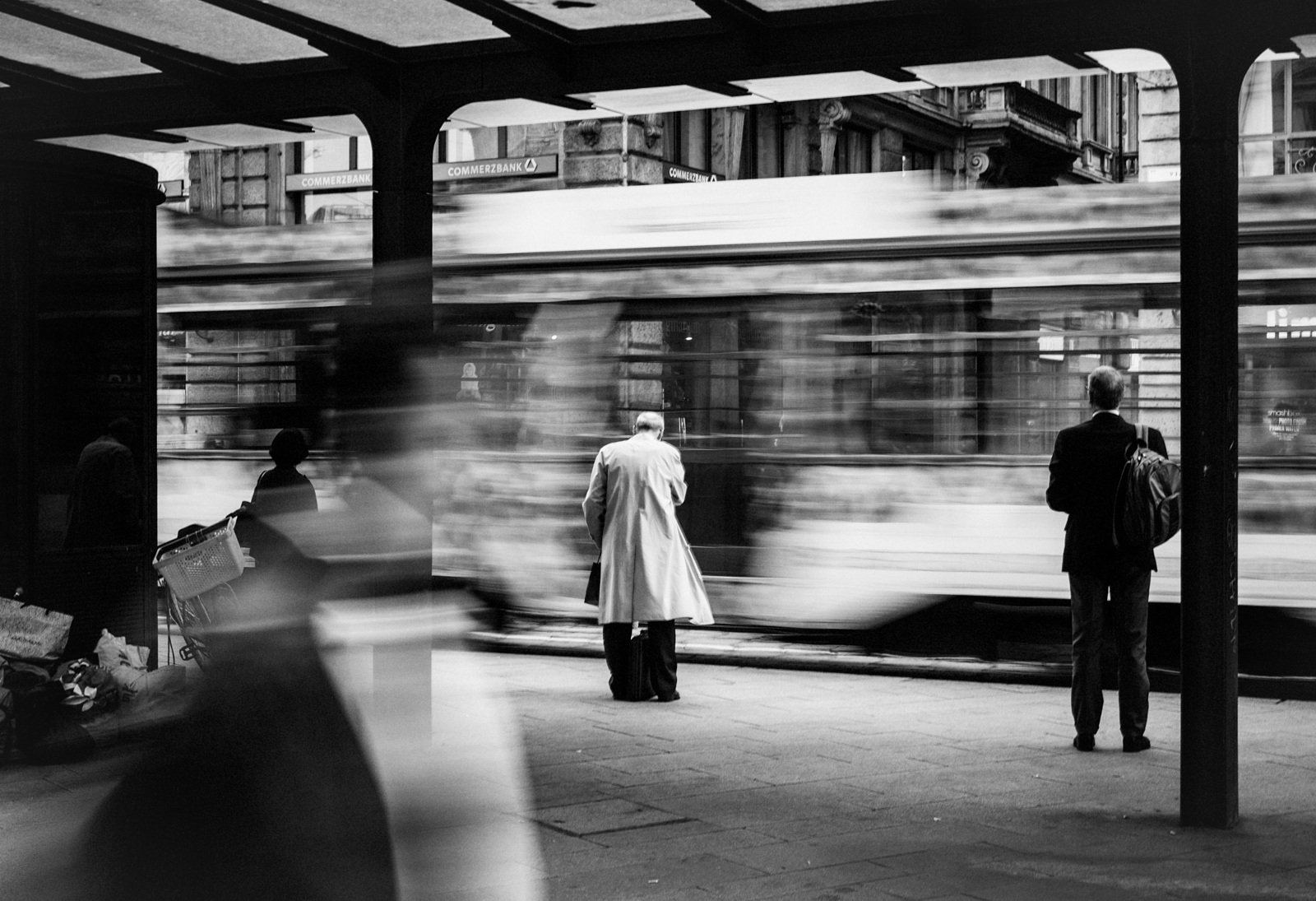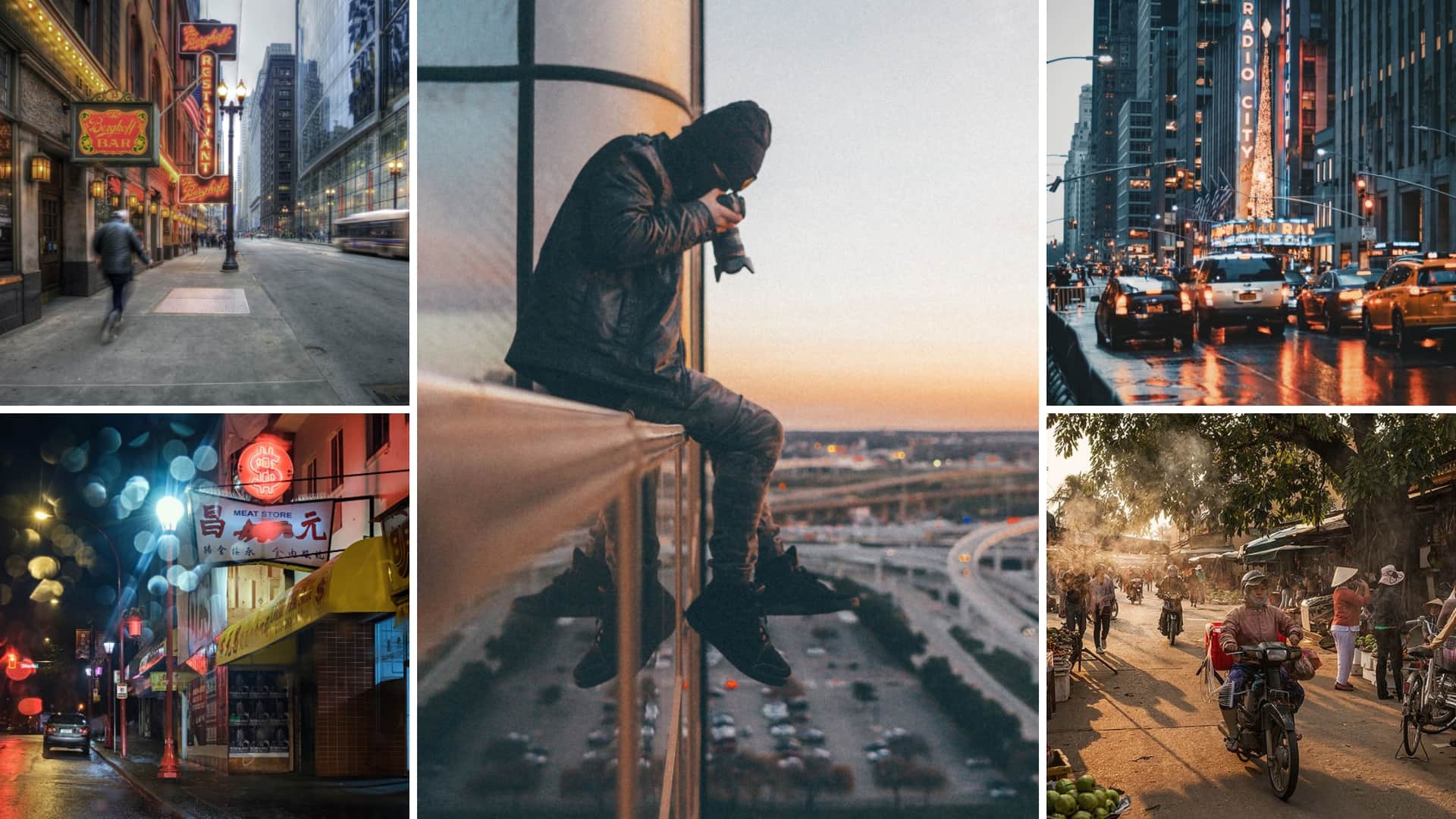Framing Streets Fundamentals Explained
Wiki Article
The Basic Principles Of Framing Streets
Table of ContentsThe Basic Principles Of Framing Streets Things about Framing StreetsThe Buzz on Framing StreetsGetting My Framing Streets To Work

Both at the Gallery of Modern Art (Mo, MA).
Street digital photography is a substantial genre that can be defined in numerous ways, but it is often identified by the spontaneous recording of an unrepeatable, short lived moment, commonly of the day-to-day going-ons of strangers. It is classically fired with larger angle lenses (e. g. 35mm) and usually includes urban settings.
Some Known Questions About Framing Streets.
Documentary digital photographers commonly have actually a defined, conscious message and an intent to tape certain occasions in background (https://www.cheaperseeker.com/u/framingstreets1). The range of the docudrama approach encompasses aspects of journalism, art, education, sociology and history. In social examination, docudrama images are typically intended to provoke, or to highlight the demand for, societal adjustmentRoad digital photography is generally seen as unposed and honest, yet there are a couple of street professional photographers who interact with complete strangers on the streets and take their pictures. Street portraits are unplanned pictures taken of complete strangers while out doing street digital photography, nevertheless they are seen as posed because there is communication with the subject.
e. 'candid digital photography' by interpretation) for art objectives has actually been questionable. Photographing people and locations in public is lawful in many nations safeguarding civil liberty and journalistic flexibility. There are usually restrictions on exactly how photos of individuals may be utilized and most nations have specific regulations regarding individuals's personal privacy.
Excitement About Framing Streets
While the common-law districts follow the UK, relative to the liberty to take photos in a public place, Quebec law offers that, in many circumstances, their publication can take area only with the authorization of the subjects therein. The European Union's Civil rights Act 1998, which all EU nations need to support in their domestic legislation, develops in a right to personal privacy. Of freedom of expression. While likewise limiting photography in order to secure personal privacy rights, street digital photography can still be legal in France when gone after as an art form under certain circumstances.
. who simply wandered into a scene), or who are not even well-known in the picture. https://www.blogtalkradio.com/framingstreets1. It additionally does not normally include individuals that are somebodies (e. g - Street photography. political leaders or stars). If a picture is considered art, the courts will certainly also consider the digital photographer's liberty of imaginative expression; implying that "artistic" street photography can still be legitimately published in particular situations
Framing Streets for Dummies
In Greece the right to take photos and release them or sell licensing legal rights over them as fine art or editorial material is protected by the Constitution of Greece (Post 14 and other write-ups) and complimentary speech laws along with by case law and legal instances. Photographing the police and publishing the photographs is additionally legal.In Hungary, from 15 March 2014 anybody taking pictures is technically breaking the legislation if someone wanders right into shot, under a new civil code that bans taking images without the consent of everyone in the photograph - photography presets. This broadens the legislation on consent to include the taking of pictures, in addition to their publication
'Hidden photography' (kakushidori concealed, surreptitious photography) 'taken photography' (nusumitori with no objective of obtaining permission) and "quick digital photography' (hayayori before approval and rejection can be provided) are forbidden unless in the former permission is obtained from the subject immediately after taking the photo. People have legal rights to their photos (shzken, droit de photo).
Report this wiki page